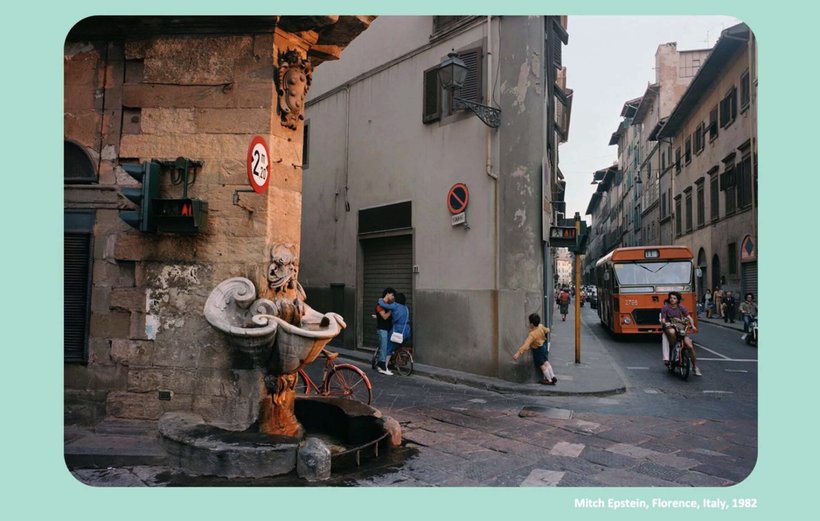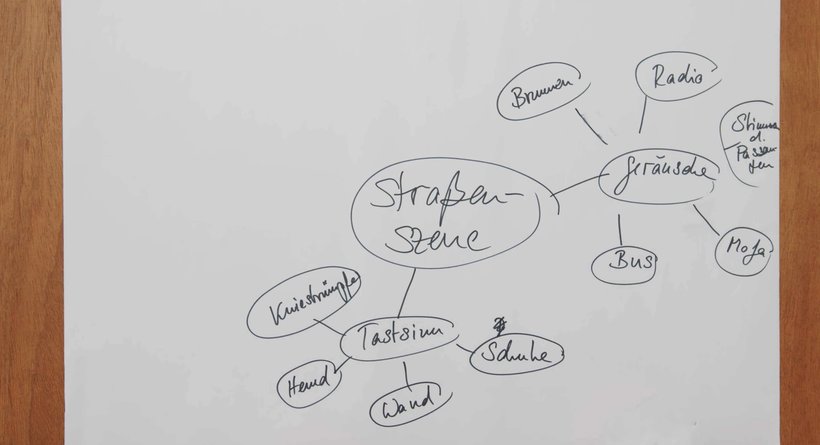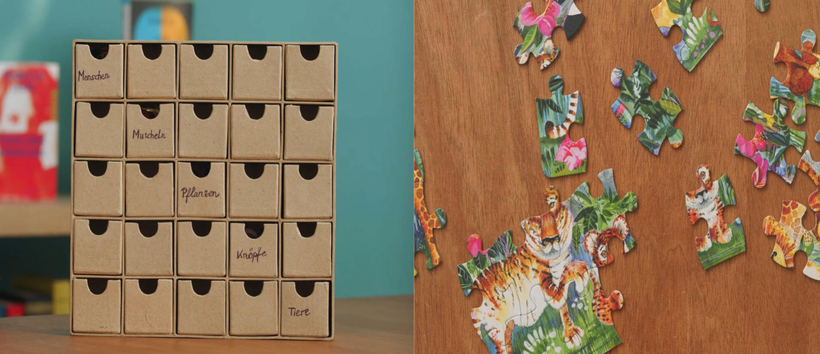Literary Writing for Beginners: How to Become an Author
Course final project
A course by Isabelle Lehn , Freelance Writer
About the final project for: Literary Writing for Beginners: How to Become an Author
Literary Writing for Beginners: How to Become an Author
“We have now come to the end of this Domestika course. I would like to thank you again for your participation and hope that I was able to give you some suggestions and tips on literary writing along the way. I would like to summarize for you here how you can proceed to write your final project. Choose one of Mitch Epstein's pictures and write down any questions it raises for you. For example: What to see? What surprises and irritates you about it? How did this scene possibly come about?



Partial transcription of the video
“final project I'm glad you're on my literary writing course participated. Thank you for taking the time to do this. In the end it's all about finding out for yourself how and in what way you want to write. In this course you learned a bit about my path to writing and heard which writers inspire me You learned techniques to frame your writing set yourself tasks and make it easier to get started. In addition, you have experienced how to collect and record material and where you can find stories in your environment. I showed you how to start to write a first draft and what techniques you can u...”
This transcript is automatically generated, so it may contain mistakes.
Course summary for: Literary Writing for Beginners: How to Become an Author
-
Category
Writing -
Areas
Creative Writing, Fiction Writing, Writing

Isabelle Lehn
A course by Isabelle Lehn
Isabelle Lehn is a freelance writer based in Leipzig, Germany. After earning a degree in literary writing and receiving her doctorate in rhetoric from the German Institute for Literature, Leipzig, she also went on to work there as a teacher and assistant while carrying out her research. Her work can be classified as a combination of fiction, essay, and realism. Each of her texts is an exploratory journey—at the beginning, the end is unknown, and as it progresses, she as the narrator learns more and more about her surroundings, her timeline, and also about herself.
In 2016, she published her first novel Binde zwei Vögel zusammen, which has won several awards, and in 2019, her autofiction book Frühlingserwachen was shortlisted for the Text und Sprache literary award. She has also received various grants and her essay Weibliches Schreiben in der deutschsprachigen Gegenwartsliteratur, about specific gender roles within the literary world, was highly acclaimed and won the Dietrich Oppenberg Media award. She regularly writes essays and radio-show columns, hosts literary events and podcasts, and teaches classes, conferences, and workshops.
- 100% positive reviews (68)
- 2,933 students
- 11 lessons (2h 13m)
- 30 additional resources (15 files)
- Online and at your own pace
- Available on the app
- Audio: German
- German · Spanish · English · Portuguese · French · Italian · Polish · Dutch
- Level: Beginner
- Unlimited access forever

